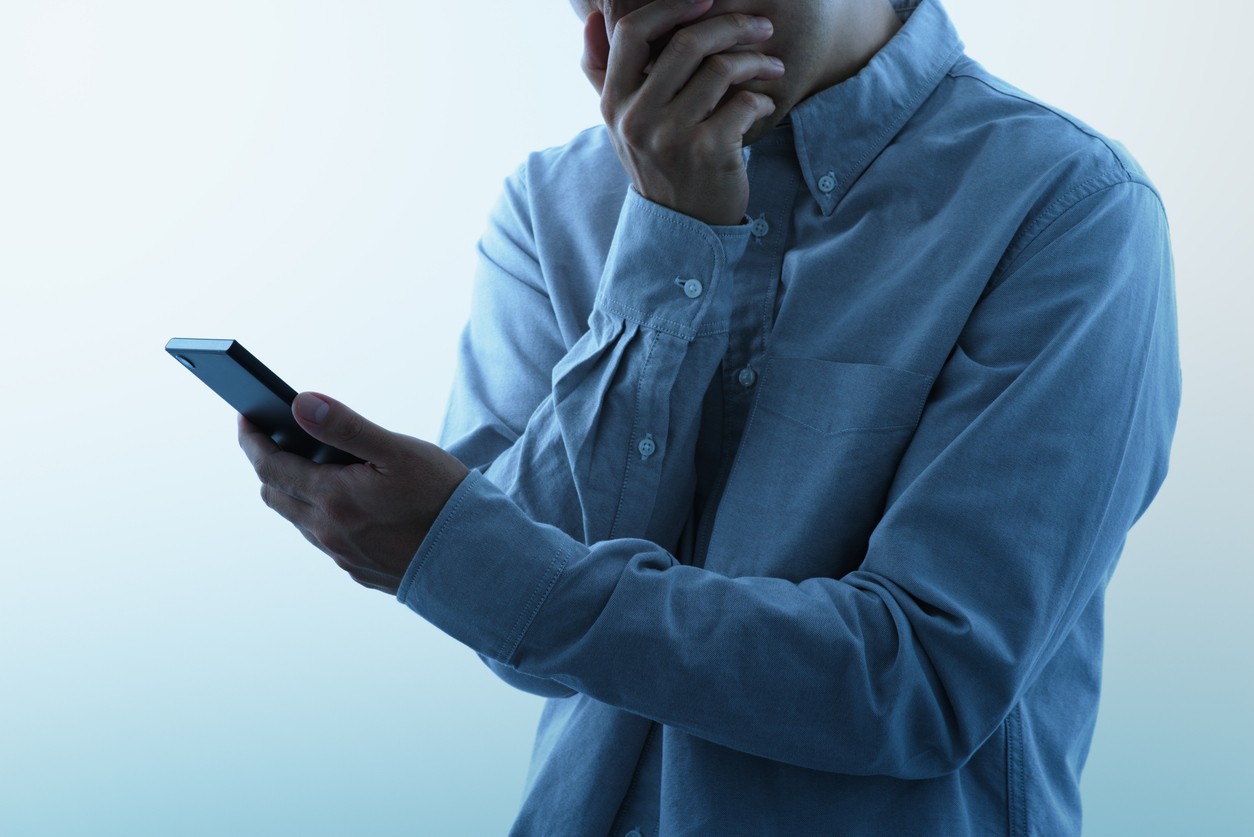Social media plays a significant role in shaping public perception and influencing criminal cases. It can affect jury opinions, spread information quickly, and sometimes reveal evidence that might otherwise go unnoticed. Its impact ranges from aiding investigations to complicating fair trial processes.
The immediate and widespread nature of social media means that details about cases often reach the public before official statements are made. This can pressure legal actors, affect witness credibility, and even lead to misinformation or bias. Understanding this influence is crucial for those involved in the justice system and the public following high-profile cases.
Impact of Social Media on Criminal Investigations
Social media platforms offer a rich source of information tied to criminal activities. The content shared, interactions, and digital data can support or challenge case narratives, influencing investigation directions and legal strategies.
Evidence Collection from Social Platforms
Investigators use social media to collect posts, messages, photos, and videos that may serve as evidence. This evidence can establish timelines, locations, and connections between suspects and victims. However, digital content must be preserved following legal procedures to ensure it is admissible in court.
A criminal defense lawyer will closely examine this evidence for authenticity and possible tampering. They may challenge the methods used to obtain social media data or question whether it was manipulated or taken out of context. Proper chain of custody and metadata verification are critical for confirming reliability.
Digital Footprints and Case Building
Social media activity leaves digital footprints such as geotags, timestamps, and friend networks. These clues help law enforcement reconstruct events and trace individuals' movements. Investigators also analyze patterns of communication for signs of conspiracy or motive.
Digital footprints can support or undermine prosecution claims. Defense attorneys analyze metadata and posting behavior to identify inconsistencies or alternative interpretations. They may use these digital trails to build alibis or counter witness statements.
Role of Privacy Settings in Criminal Cases
Privacy settings often limit access to personal information, complicating evidence collection. While investigators can request data through subpoenas or warrants, encrypted or restricted data may be inaccessible without cooperation from platforms or users.
Criminal defense lawyers emphasize privacy rights to protect clients from unlawful searches. They may argue against the use of social media evidence obtained without clear consent or proper authorization. Understanding how privacy controls affect data availability is vital for both prosecution and defense.
Influence of Social Media on Public Perception and Jury Bias
Social media shapes how criminal cases are viewed by the public and can affect jurors' impartiality. Public reaction is often swift and widespread, influencing opinions before formal legal proceedings begin. Additionally, jurors may encounter case-related content online, complicating their ability to remain unbiased.
Pretrial Publicity and Media Coverage
Social media platforms enable immediate and extensive coverage of criminal cases, reaching millions of users rapidly. This pretrial publicity often presents selective facts, opinions, or emotional content that can skew public perception. High-profile cases tend to attract viral discussions, sometimes spreading misinformation or unverified claims.
Such exposure can challenge the principle of a fair trial by creating prejudgments about guilt or innocence. Courts sometimes delay trials or issue gag orders to reduce media influence. However, controlling social media flow is difficult, and biased narratives may persist, affecting potential jurors and witnesses.
Juror Exposure to Online Discussions
Jurors today frequently confront case details on social media, including comments, videos, and news updates. This external information risks influencing their judgment outside official courtroom evidence. Courts typically instruct jurors to avoid online case-related content, but enforcement is challenging.
Studies show that some jurors unknowingly encounter or discuss case material, leading to potential bias. Social platforms also encourage public debate, which jurors may join or observe, affecting neutrality. Legal systems continue exploring measures such as juror screening or sequestering to limit this exposure.
Effect of Social Media Behavior on Legal Strategy
Social media activity plays a significant role in criminal cases, impacting how legal teams prepare and argue. Attorneys often analyze posts, comments, and interactions to gather evidence or identify risks for their clients.
Use of Social Media Evidence by Attorneys
Criminal defense lawyers routinely monitor social media to find material that supports or challenges claims. Posts, photos, and messages can provide timelines, motives, or contradictions in witness statements.
Key uses include:
- Establishing alibis through location tagging
- Revealing victim or defendant’s mindset
- Identifying potential bias in witnesses
Attorneys must assess the authenticity and context of this evidence carefully. Courts increasingly accept social media content, but its admissibility depends on relevance and proper validation.
Risks of Social Media for Defendants and Witnesses
Defendants and witnesses risk undermining their cases by posting inappropriate or contradicting information. A single social media update can reveal inconsistent statements or unintentional admissions.
Common risks are:
- Sharing details that weaken an alibi
- Expressing opinions that harm credibility
- Interacting with co-defendants or parties in the case
Criminal defense lawyers often advise clients to limit or cease social media use during investigations to avoid these pitfalls.
Advice From a Criminal Defense Lawyer Before Your Case Begins
If you find yourself facing criminal charges, one of the most important yet often overlooked pieces of advice from a criminal defense lawyer is to immediately reconsider your social media activity. In today’s digital age, social media platforms like Facebook, Instagram, Twitter, and TikTok can significantly impact your case, sometimes to your detriment.
First and foremost, stop posting altogether once you are aware of an investigation or charges. Anything you share — photos, comments, check-ins, or even likes — can be scrutinized by prosecutors and law enforcement. They may use your posts as evidence to establish intent, location, character, or even to impeach your credibility. Even seemingly innocent posts can be misinterpreted or taken out of context to build a case against you.
Secondly, avoid deleting posts or accounts. While it might seem logical to remove potentially damaging content, deleting evidence can be viewed as obstruction or spoliation, which can harm your defense. Instead, consult your lawyer before making any changes to your online presence.
Third, be cautious about your privacy settings, but remember that privacy settings are not foolproof. Screenshots and shared content can still be accessed by others and used in court. Assume that anything you post online could become public.
Finally, do not communicate about your case or related individuals on social media. Avoid discussing the case, your defense strategy, or commenting on the prosecution, witnesses, or victims. Such posts can be used against you or may violate court-imposed restrictions.
Before your case begins, treat your social media accounts as public and permanent records. Stop posting, avoid deleting content without legal advice, tighten privacy settings, and refrain from discussing the case online. Following this advice can protect your rights and help your lawyer build the strongest defense possible.












